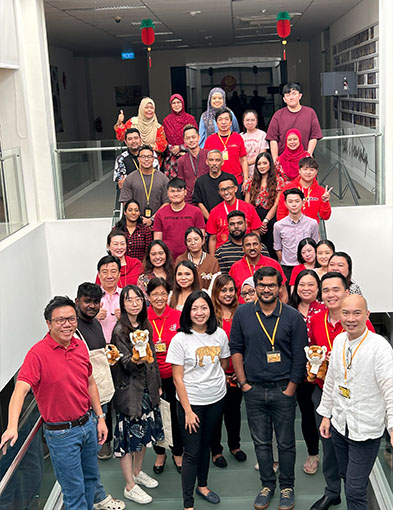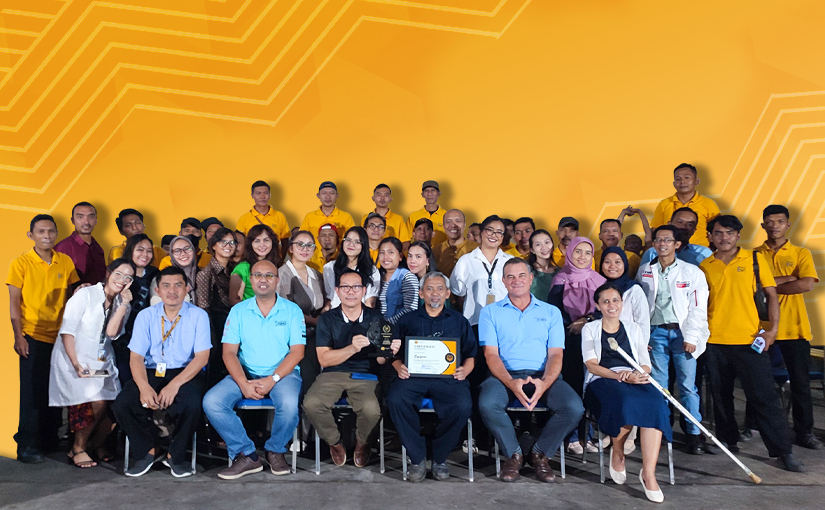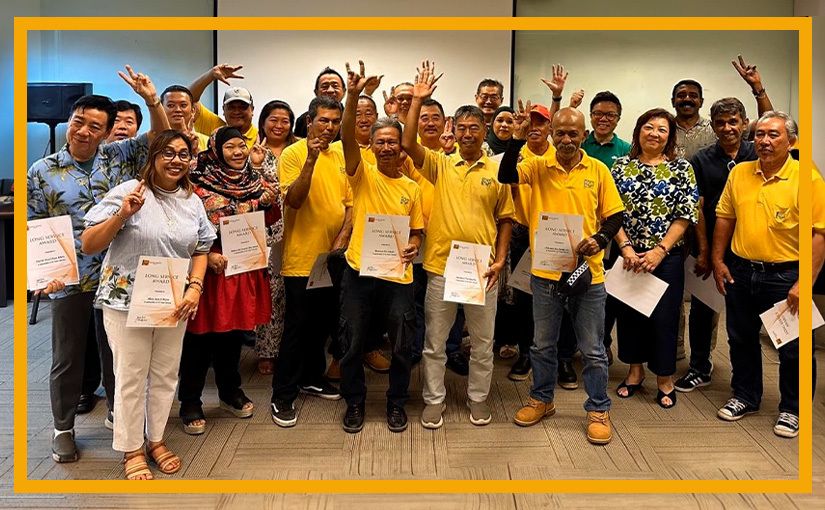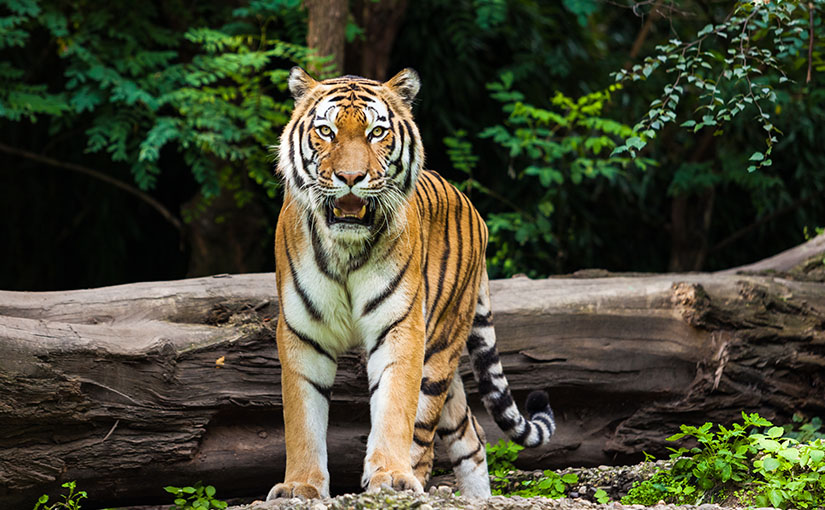Securing a Future for Wild Tigers: Asian Tigers Singapore's Commitment to Conservation
- Asian Tigers Group
-
Home » News » Industry News » Securing a Future for Wild Tigers: Asian Tigers Singapore's Commitment to Conservation

In efforts to increase local awareness of, and inspire wildlife conservation efforts, Asian Tigers Singapore hosted an interactive talk by Mr. Rohit Singh, Wildlife Enforcement and Zero Poaching Director at the World Wildlife Foundation. This followed the huge step by the company in continued commitment toward supporting global wildlife preservation initiatives, with a major emphasis on the conservation of the wild tiger population.
The presentation by Mr. Singh was one of the cornerstones of the event—it put forward the critical state of wild tiger populations and emphasized that concerted conservation efforts are long overdue. It specially allowed staff at Asian Tigers Singapore to engage in the multi-faceted challenges facing these magnificent creatures and some practical steps being taken in order to ensure their survival. This was not only an informative speech but equally motivational in insisting on corporate responsibility for the preservation of the environment.
Wild Tigers in a Critical Condition
Wild tigers are an endangered species whose population has been drastically reduced by poaching, habitat loss, and other human-wildlife conflicts. According to Mr. Singh, the current number is approximately 3,900 wild tigers surviving in fragmented habitats across Asia. This stark reality underpinned the need for urgent and continued conservation efforts. The in-grand strategies and global outreach of the WWF have a very important place among such efforts, striving to secure a future wherein wild tigers may thrive.
WWF Initiatives and Their Impact

Mr. Singh made it a point to mention some of the key initiatives that WWF is engaged in for the conservation of tigers. One such initiative is the Global Tiger Recovery Program, whose stated objective is to double the number of wild tigers by 2022. This highly ambitious objective, called Tx2, has a three-pronged strategy of anti-poaching, habitat restoration, and community engagement. This has already met with success in countries like India, Nepal, and Russia where the tiger population is already showing signs of recovery.
The Asian Tigers Singapore-WWF partnership simply reinforces the commitment towards the environment previously decided upon by the former. Financial support matched with continuing active participation in WWF’s conservation programs has gone an inch further in ascertaining that Asian Tigers Singapore forms one of the major participants in the global effort of saving the wild tigers. According to Mr. Singh, those contributions will be put into anti-poaching patrols, improving habitat connectivity, and ensuring sustainable development practices in the landscapes supporting wild tigers.
The staff at Asian Tigers Singapore learned about tangible results of their support. For instance, their contributions have gone towards the training and deployment of anti-poaching units crucial to safeguarding tigers from illegal hunting. These protection units, often referred to as “Tiger Protection Teams,” patrol vital tiger habitats, destroying snares as well as arresting poachers. This frontline defense destroys very many poaching incidents and thus makes it safer for wild tigers.
Empowering Corporate Responsibility
This interactive session with Mr. Singh further reverberated with the larger implications of corporate involvement in conservation. Asian Tigers Singapore, similar to others, happens to be one such fine case before the corporate fraternity of how businesses can utilize their means and influence to achieve environmental good. Companies may integrate such targets in their current CSR strategies for helping to make a long-lasting future both for wildlife and human communities.
Looking Ahead
Asian Tigers Singapore remains committed to this partnership and looks at ways to further give back in support of wildlife conservation. Interactive sessions and field activities are going to enhance the public’s engagement and retain their connection towards efforts such as these, ultimately inculcating an environment-aware culture.
One can log onto the WWF Singapore website for more details on the efforts WWF has made so far and how one could help in the conservation of wild tigers. The partnership between Asian Tigers Singapore and WWF brings out the message that “Coming together, We can make a Difference” in protecting wildlife so that generations to come may witness the majestic wild tigers in all their glory in their natural habitats.
You can learn more at WWF Singapore.
#AsianTigersSingapore #AsianTigers #AsianTigersGroup #Moving #Relocation #WWF #Wildlife #Tigers










